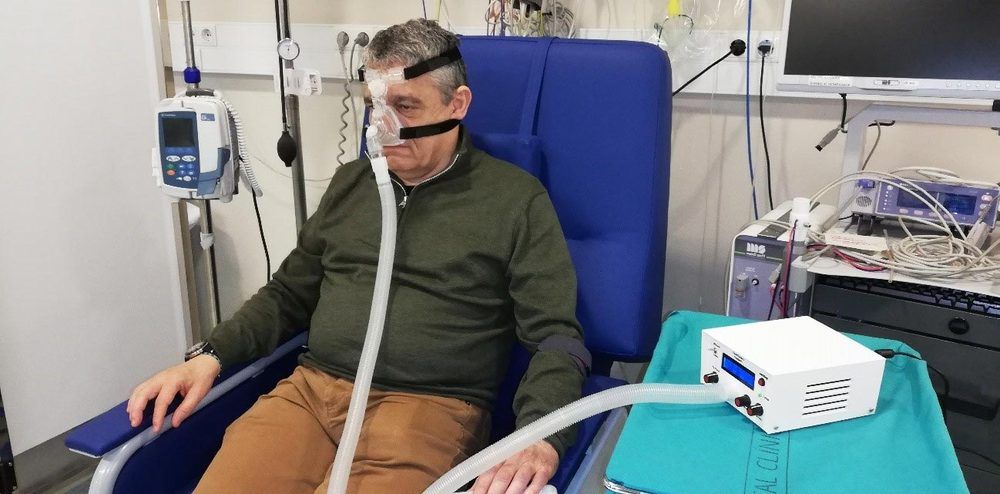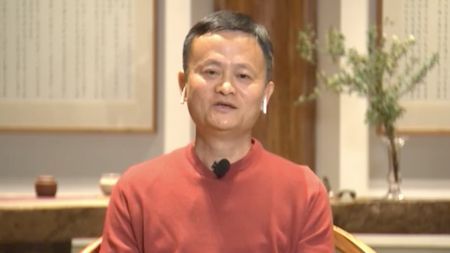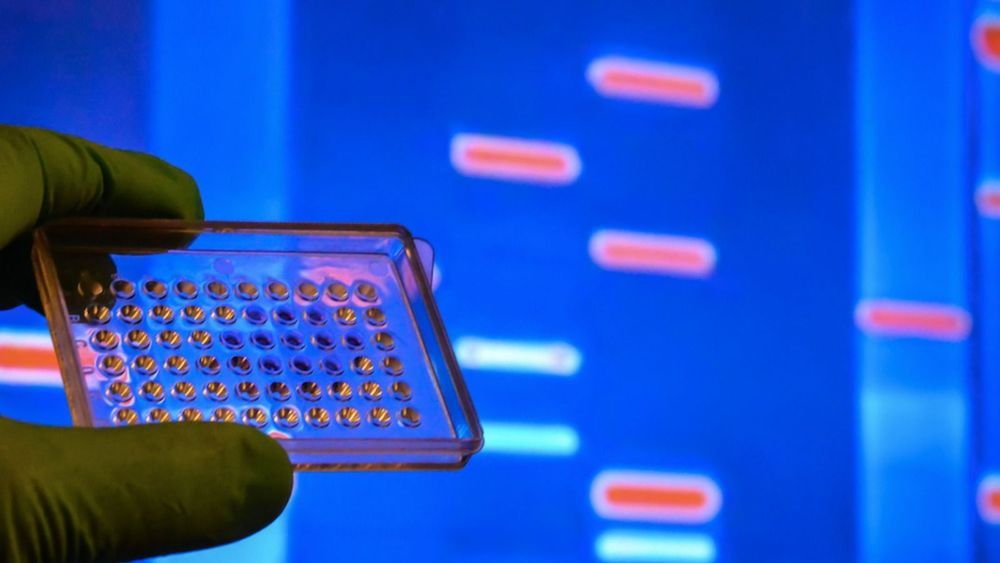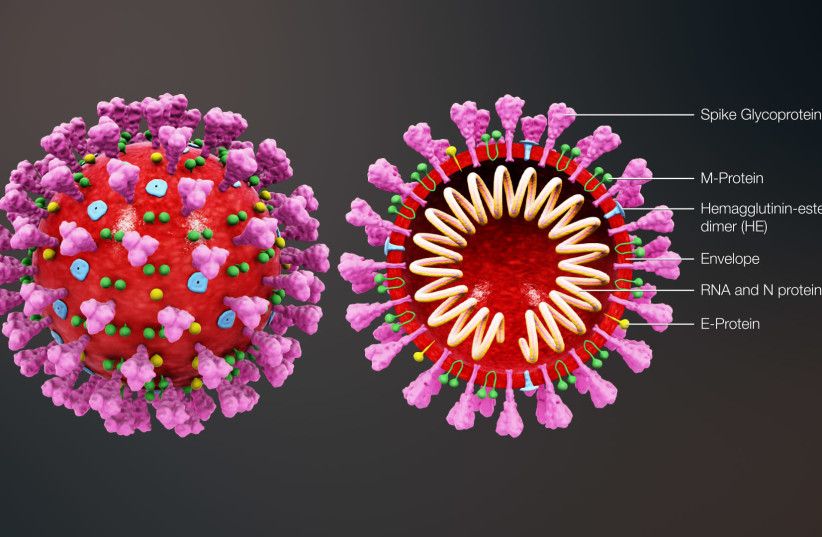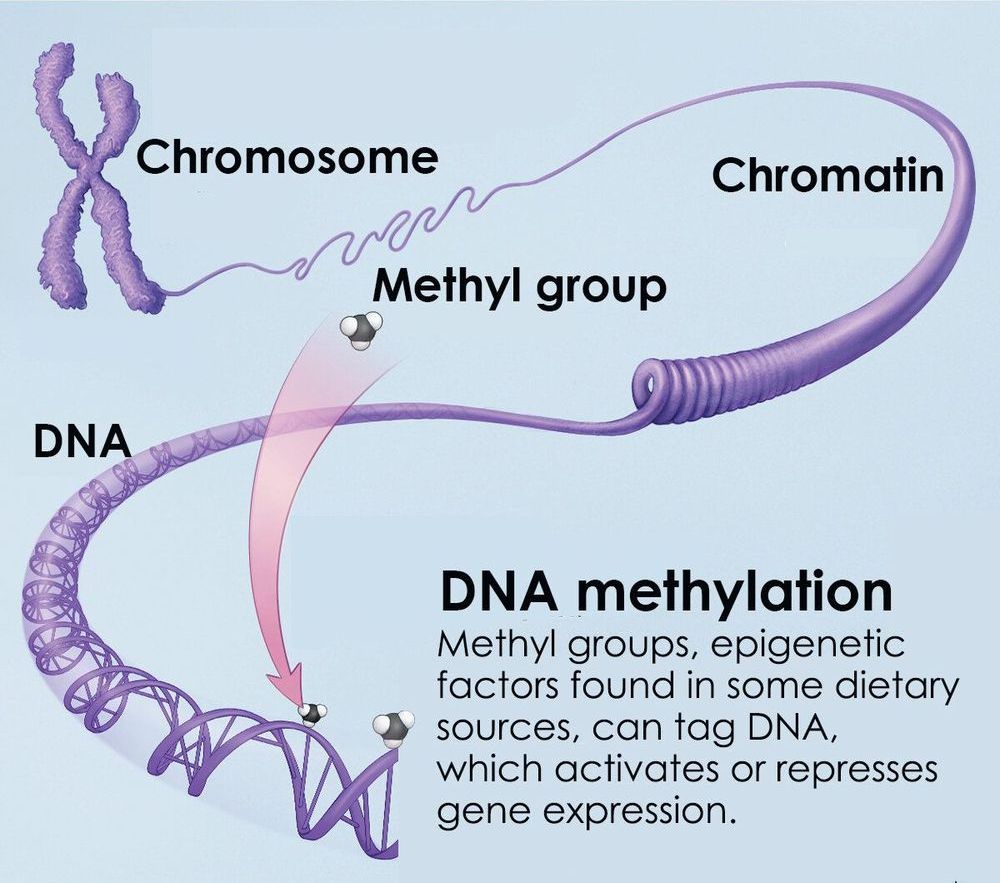A low-cost, easy-to-build non-invasive ventilator aimed at supporting the breathing of patients with respiratory failure performs similarly to conventional high-quality commercial devices, according to new research published in the European Respiratory Journal.
Non-invasive ventilators are used to treat patients with breathing difficulty and respiratory failure, a common symptom of more severe coronavirus disease. Non-invasive ventilation is delivered using facemasks or nasal masks, which push a set amount of pressurized air into the lungs. This supports the natural breathing process when disease has caused the lungs to fail, enabling the body to fight infection and get better.
The research paper provides a free to replicate, open-source description for how to build the ventilator. The researchers say the prototype ventilator could support treatment of coronavirus and other severe respiratory diseases in low-income regions or where ventilator supplies are limited.
